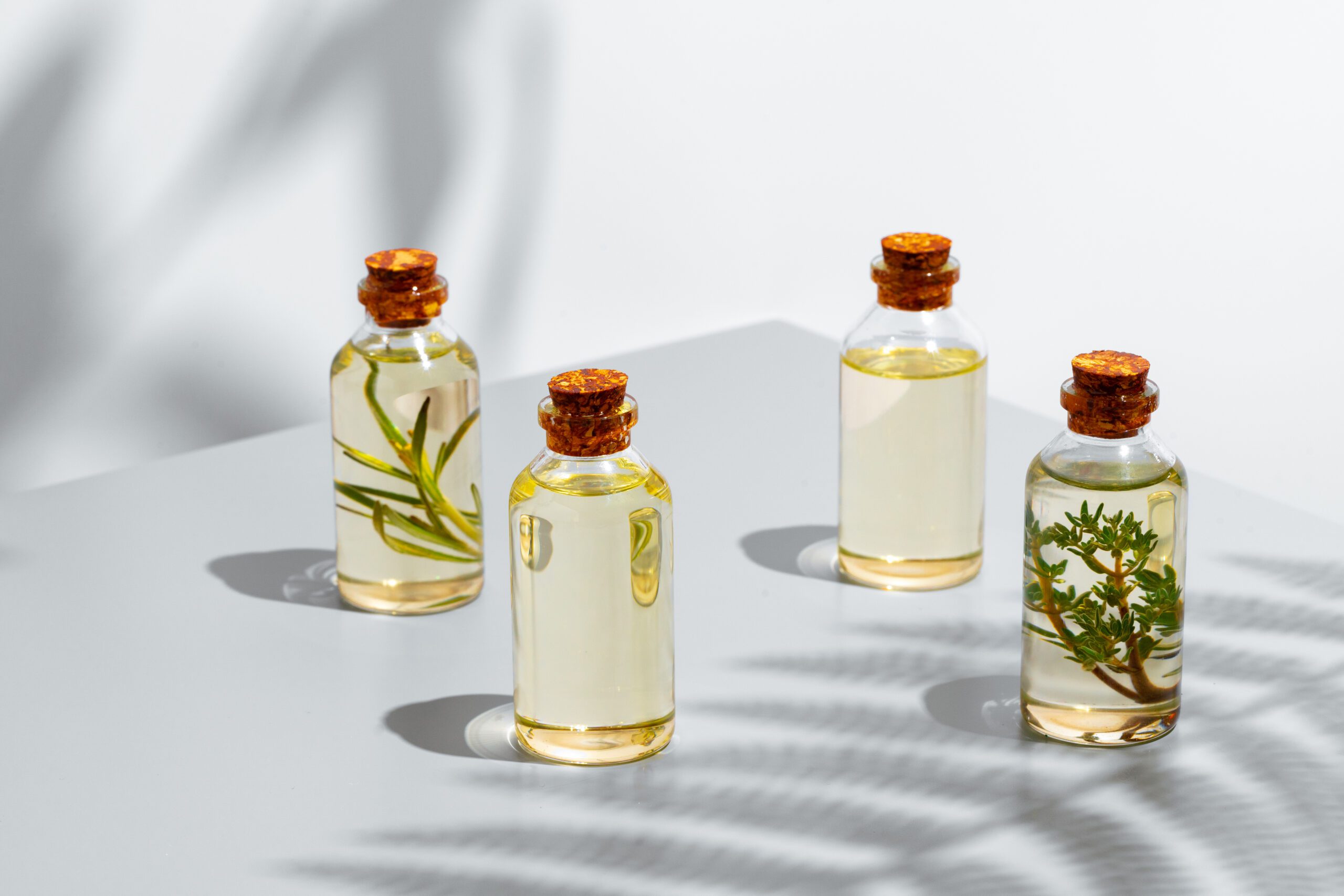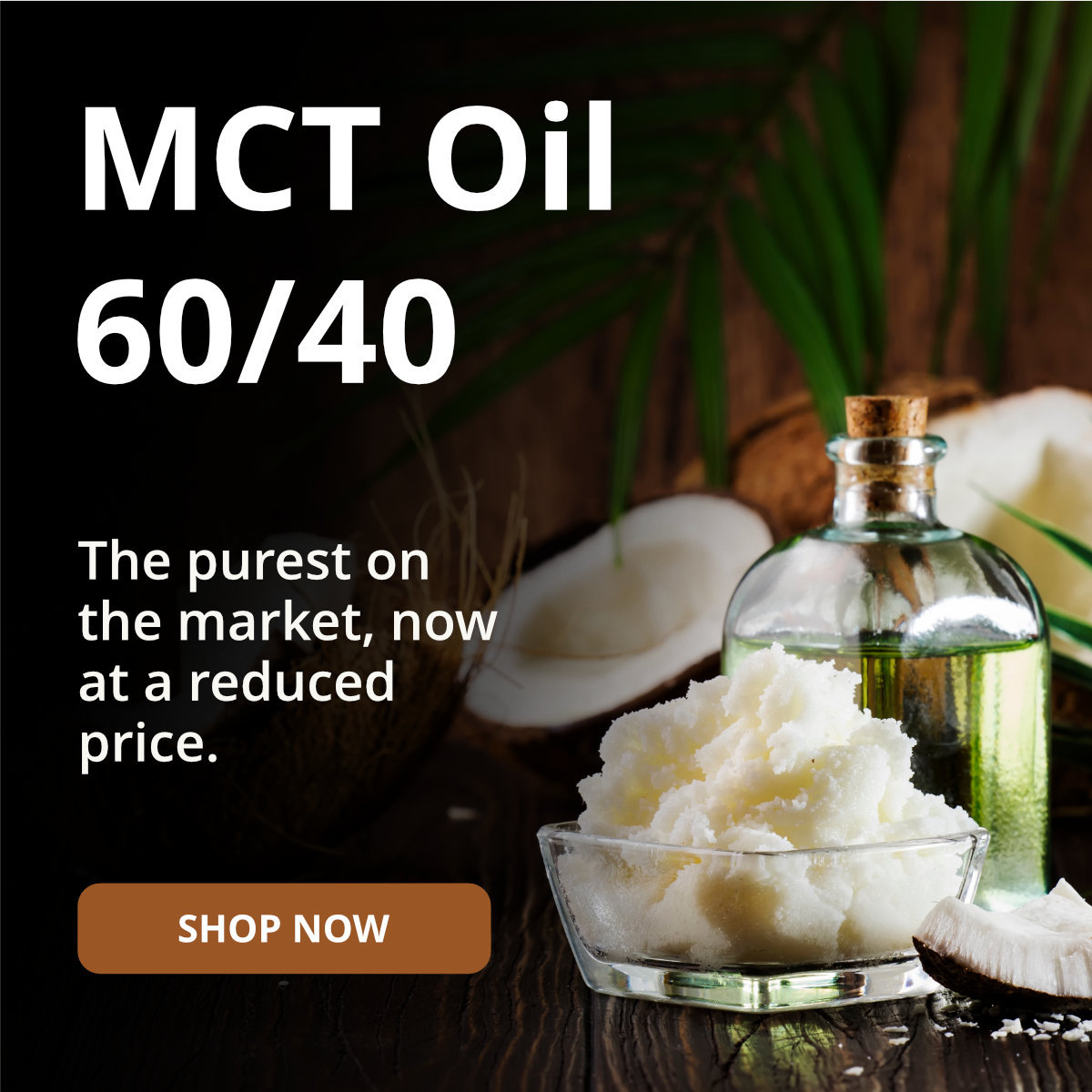Adding essential oils to your daily routine can have significant effects to your health and wellbeing. However, while some essential oils can be applied or consumed directly, some are too potent to be ingested or applied without being diluted. That’s why the oils called carrier or fixed oils can be a great addition to your oil collection.
What are Carrier Oils? Whether you’re taking ginger oil as a digestive aid, using lemon oil for cleaning, or even massaging black pepper oil onto achy muscles, essential oils offer amazing remedies for common (and not-so-common) ailments. By mixing a few drops of your essential oils into a carrier oil, you’re not only diluting the potency of the essential oil, but also adding to the therapeutic remedies of essential oils. Often cold pressed from the fatty portions of nuts, seeds, and kernels, carrier oils are high in nutrients and have their own benefits in addition to the essential oils they dilute. Carrier oils usually do not have a strong scent and are most often vegetarian as well. Varieties of Carrier Oils There is a large variety of carrier oils in the marketplace, ranging from apricot oil to watermelon seed oil. Whether they are pressed from nuts, such as almonds or hazelnuts, or from seeds like cranberry seeds or sesame seeds, these oils each has its own therapeutic components. With a large variety of oils on the shelves, it would be best to do some research as to what will work best for your needs. Each has its own qualities, thus they do react to the skin differently. For instance, jojoba oil is a mild, all-around oil that can be used on the face as an acne remedy, whereas flaxseed oil is best to either be consumed or rubbed into sore muscles. Based on what your needs are, you’ll find a carrier oil that best suits. Using Carrier Oils For therapeutic purposes, carrier oils are most often used as the base for massage oil. Depending on the ailment for which one is receiving the massage, therapists will add a few drops of an essential oil into the carrier oil to be massaged into the skin. Carrier oils also help in diluting essential oils for direct topical application. Oftentimes, essential oils are too concentrated for the skin, especially for those who suffer from sensitive skin. By diluting the essential oil in carrier oil, one is still getting the healthy benefits of the essential oil, while also caring for the skin. Purchasing and Storing Carrier Oils When used for aromatherapy, purchasing high-quality carrier oils is key. To make a carrier oil high quality, it must be cold pressed in order to keep the vital nutrients within the oil intact. When heat is applied during the expulsion process, the nutrients can be damaged or killed. Purchasing cold pressed oils from health food, or natural stores, will ensure you’re receiving the highest nutrient level within the oil. Grocery store varieties tend to be heat pressed and many of the health nutrients have been damaged. Carrier oils are prone to go rancid over time (compared to essential oils, which do not go bad), so proper storage will ensure a long shelf life. If the oil will not be used often, it’s best to store it in a dark glass bottle, in a cool, dark location. However, if the oil will be used quickly, it is okay to keep it in a plastic bottle, yet storing it in a cool, dark place is still recommended. Finding a favorite carrier oil will help round out your essential oil collection. Experiment with the variety of seed and nut oils on the market to find the one that suits your needs.Recent Posts
-

-
 Yesenia04/25/2024
Yesenia04/25/2024The 12 Must Have Essential Oil Video Series
-
 Yesenia04/21/2024
Yesenia04/21/2024Med Lab Supply – Your One Stop Shop for Wound Care Supplies







